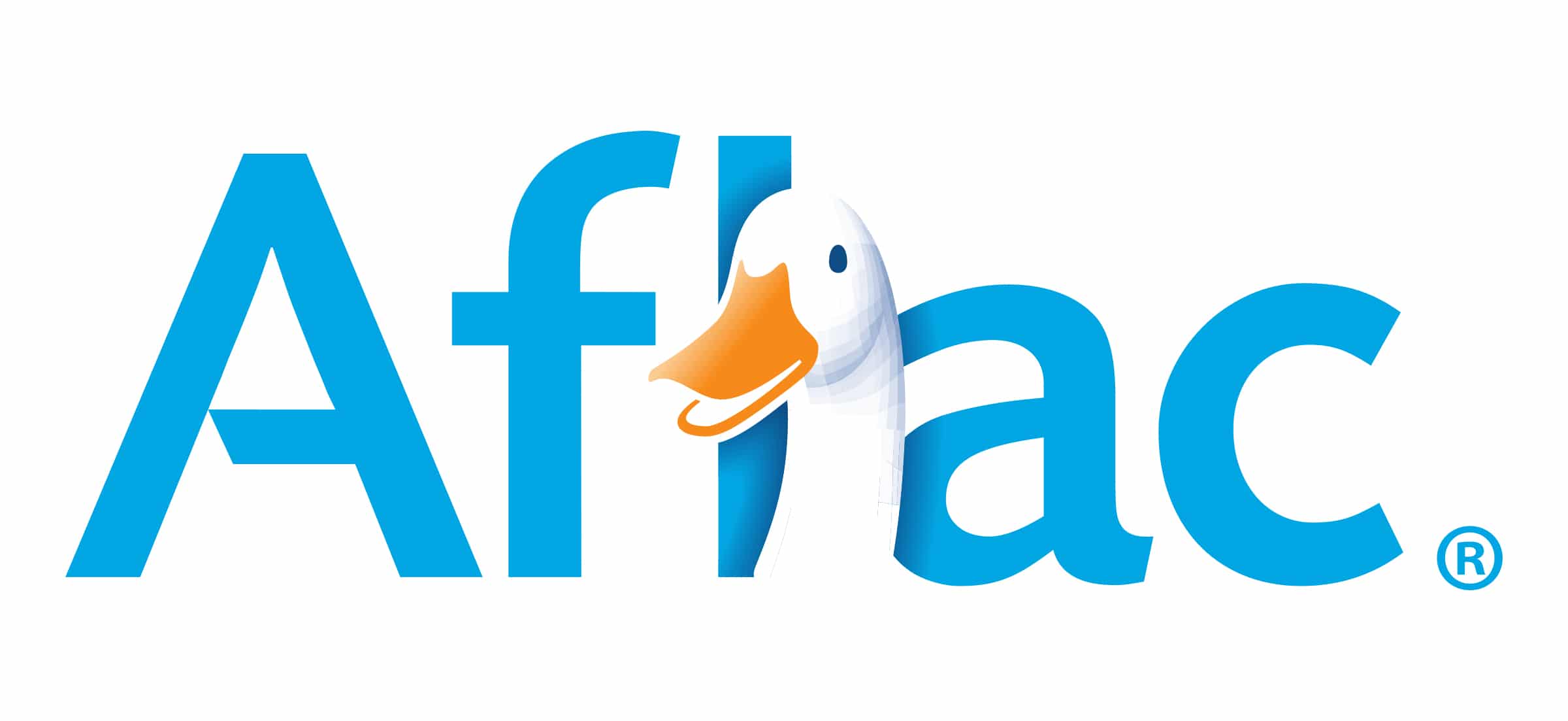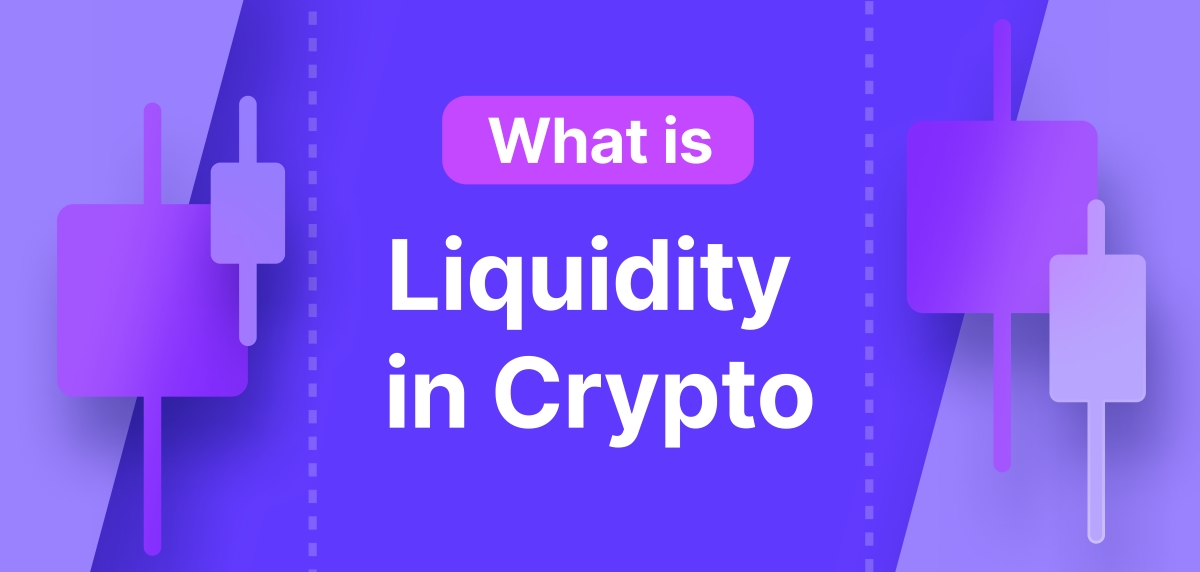Home>Finance>How Long Is The Grace Period When You Miss A Premium Payment?


Finance
How Long Is The Grace Period When You Miss A Premium Payment?
Published: February 21, 2024
Learn about the grace period for missed premium payments in finance. Understand the implications and how to manage late payments effectively.
(Many of the links in this article redirect to a specific reviewed product. Your purchase of these products through affiliate links helps to generate commission for LiveWell, at no extra cost. Learn more)
Table of Contents
Introduction
Understanding the Importance of Timely Premium Payments
When it comes to managing your finances, staying on top of your insurance premiums is crucial for maintaining the security and protection that insurance provides. Whether you have auto insurance, health insurance, life insurance, or any other type of coverage, ensuring that your premiums are paid on time is a fundamental aspect of responsible financial planning. However, life can be unpredictable, and there may be instances where you find yourself unable to make a premium payment by the due date. In such situations, understanding the grace period associated with missed premium payments becomes essential.
Throughout this article, we will delve into the concept of the grace period, exploring its significance and the potential repercussions of missing a premium payment. Additionally, we will discuss the varying lengths of grace periods for different types of insurance policies and provide practical tips for managing missed premium payments effectively.
By gaining a comprehensive understanding of the grace period and the implications of delayed premium payments, you can navigate financial challenges with greater confidence, ensuring that your insurance coverage remains intact and continues to safeguard your financial well-being.
Understanding the Grace Period
When you sign up for an insurance policy, you enter into a contractual agreement with the insurance provider. As part of this agreement, you agree to pay regular premiums to maintain coverage. The grace period is a specified duration following the premium due date during which you can make a late payment without experiencing a lapse in coverage. This period acts as a buffer, offering policyholders a reasonable window of time to submit overdue premiums without facing immediate consequences.
It’s important to note that the grace period does not extend the coverage period; rather, it provides a brief extension for premium payment. During the grace period, your insurance policy remains in effect, and you can still file claims and receive benefits as outlined in the policy terms.
The duration of the grace period varies depending on the type of insurance and the terms outlined in your specific policy. Typically, grace periods range from 30 to 90 days, but it’s essential to refer to your policy documents or contact your insurance provider to ascertain the exact length of the grace period applicable to your coverage.
Understanding the grace period is crucial for policyholders, as it allows for a clear grasp of the timeframe within which late payments can be made without risking a lapse in coverage. By familiarizing yourself with this aspect of your insurance policy, you can effectively navigate temporary financial constraints while ensuring the continuity of your insurance protection.
Consequences of Missing a Premium Payment
Missing a premium payment can have several implications, potentially impacting your financial security and peace of mind. One of the immediate consequences of a missed premium payment is the activation of the grace period. While this period provides a window of opportunity to submit the overdue payment, it’s important to recognize that failing to do so within the grace period can lead to a lapse in coverage.
When a policy lapses due to non-payment after the expiration of the grace period, the insurance company may terminate the coverage, leaving you without the protection and benefits that the policy affords. This can be particularly concerning in situations where an unforeseen event occurs, and you need to rely on your insurance coverage. Without an active policy, you may face significant financial liabilities and challenges in accessing the necessary support outlined in the policy terms.
Additionally, a lapsed insurance policy can result in the loss of accumulated policy benefits, such as cash value in the case of life insurance or the forfeiture of no-claim bonuses in the case of auto insurance. Furthermore, reinstating a lapsed policy may involve additional administrative procedures and could lead to higher premiums or the loss of certain policy features, depending on the insurance provider’s policies and regulations.
It’s important to recognize that the consequences of missing a premium payment extend beyond the immediate financial impact. A lapse in coverage can leave you and your loved ones vulnerable to unexpected expenses and risks, emphasizing the significance of timely premium payments in maintaining the continuity of your insurance protection.
Length of Grace Periods for Different Insurance Policies
Grace periods can vary significantly across different types of insurance policies and even among providers offering the same type of coverage. Understanding the specific grace period associated with your insurance policy is essential for effective financial planning and risk management. Let’s explore the typical lengths of grace periods for various insurance policies:
- Health Insurance: Health insurance policies often feature a grace period of 30 days, allowing policyholders to make late premium payments without experiencing a lapse in coverage. It’s important to note that the specifics of grace periods may vary based on the regulations in your state and the terms outlined in your policy.
- Auto Insurance: Grace periods for auto insurance policies can range from 7 to 30 days, providing flexibility for policyholders to manage their premium payments. However, it’s crucial to confirm the exact grace period duration with your insurance provider to avoid any misunderstandings.
- Life Insurance: Grace periods for life insurance policies are typically around 30 days, allowing policyholders to address late payments while maintaining their coverage and the associated benefits. As life insurance plays a critical role in long-term financial planning, understanding and adhering to the grace period is vital.
- Homeowners’ Insurance: Grace periods for homeowners’ insurance policies can vary, often ranging from 10 to 30 days. Given the significance of home insurance in protecting one’s property and assets, staying informed about the grace period provisions is essential for maintaining uninterrupted coverage.
It’s important to emphasize that the specific grace periods mentioned above are general guidelines, and the actual durations may differ based on the terms outlined in your policy and the regulations governing insurance practices in your region. To obtain precise information about the grace period applicable to your policy, it’s advisable to review your policy documents or consult directly with your insurance provider.
By familiarizing yourself with the grace period associated with your insurance policy, you can effectively manage your premium payments and safeguard the continuity of your coverage, ensuring that you and your assets remain protected in the face of unexpected events.
Tips for Managing Missed Premium Payments
Encountering financial challenges that affect your ability to make timely premium payments can be a stressful experience. However, there are several proactive steps you can take to effectively manage missed premium payments and mitigate the potential impact on your insurance coverage:
- Communication with Your Insurance Provider: In the event of financial difficulties that may lead to a missed premium payment, proactively communicating with your insurance provider is crucial. Many insurers are willing to work with policyholders to find feasible solutions, such as adjusting payment due dates or exploring alternative payment arrangements.
- Utilize the Grace Period: If you find yourself unable to make a premium payment by the due date, utilize the grace period provided by your policy. This window of time allows you to submit the overdue payment without experiencing an immediate lapse in coverage.
- Explore Available Extensions or Waivers: Some insurance providers offer options for extending grace periods or waiving late fees under certain circumstances. By inquiring about these possibilities, you may find additional support in managing missed premium payments.
- Review and Adjust Your Budget: Assess your financial situation and consider adjusting your budget to prioritize essential expenses, including insurance premiums. Making necessary budgetary changes can help ensure that future premium payments are made on time, reducing the likelihood of further missed payments.
- Consider Automatic Payments or Payment Reminders: Setting up automatic payments or utilizing payment reminders through your bank or the insurance provider’s online portal can help prevent missed payments by ensuring that premiums are paid on time.
- Seek Financial Guidance: If you are experiencing prolonged financial difficulties, seeking guidance from a financial advisor or counselor can provide valuable insights and strategies for managing your overall financial situation, including insurance premium payments.
By implementing these proactive measures and maintaining open communication with your insurance provider, you can navigate temporary financial challenges while safeguarding the continuity of your insurance coverage. Prioritizing timely premium payments is essential for upholding the protection and security that insurance affords, ensuring that you and your assets remain shielded from unforeseen risks and expenses.
Conclusion
Understanding the grace period associated with insurance premium payments is a fundamental aspect of responsible financial management. By grasping the significance of this timeframe and the potential consequences of missed premium payments, policyholders can effectively navigate temporary financial challenges while upholding the continuity of their insurance coverage.
Throughout this article, we’ve explored the concept of the grace period, emphasizing its role as a buffer that allows for late premium payments without an immediate lapse in coverage. We’ve also delved into the consequences of missing premium payments, highlighting the potential impact on policy coverage and the importance of timely payments in maintaining financial security.
Furthermore, we’ve discussed the varying lengths of grace periods for different types of insurance policies, providing insights into the typical durations applicable to health insurance, auto insurance, life insurance, and homeowners’ insurance. By understanding the specific grace period associated with your policy, you can proactively manage your premium payments and ensure uninterrupted coverage.
Additionally, we’ve outlined practical tips for managing missed premium payments, emphasizing the value of open communication with insurance providers, the utilization of grace periods, and the exploration of available support options. By implementing these strategies, policyholders can navigate financial challenges while safeguarding the continuity of their insurance protection.
In conclusion, maintaining awareness of the grace period and adopting proactive measures to manage premium payments are essential components of sound financial planning. By prioritizing timely premium payments, policyholders can uphold the protective benefits of insurance coverage, ensuring that they and their assets remain shielded from unexpected risks and expenses. With a comprehensive understanding of the grace period and effective strategies for managing missed premium payments, individuals can navigate financial uncertainties with confidence, safeguarding their long-term financial well-being.














